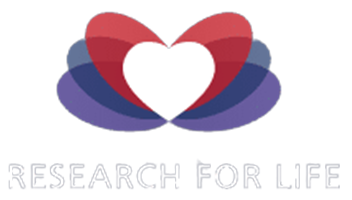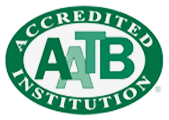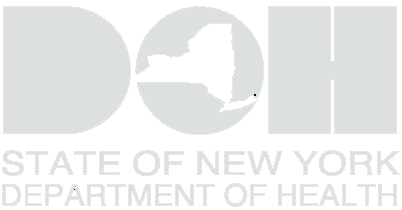
Register To Be A Donor
Research For Life currently pre-registers donors in Arizona and Southern California. Pre-registration is not required if a death has occurred or is imminent; please call 800.229.3244.
Download Registration Packet Below
Research For Life Donor Registration Packets
We are here for you, 24 hours a day, to report a death or to determine eligibility for a pending death. For non-emergencies or non-urgent pre-registration, please call during normal business hours: Monday through Friday, 9:00 AM to 4:30 PM Arizona Mountain Time.
Research For Life Arizona Office: 480.940.1310
Research For Life California Office: 951.719.3334
Our toll-free line: 1.800.229.3244
We have included specific, detailed instructions for each donor registration packet. You can access these instructions by clicking on the instructions link located directly beneath each packet.
Each registration packet contains:
- A welcome letter with our contact information and instructions.
- Donor prequalification form.
- Donation authorization form.
- Cremation authorization form.
- A donor registration form.
It is important to be as thorough as possible. If the registration packet is not completed properly, Research for Life will return it to you for completion.
Once you have decided whether donation is right for your family, please complete the registration packet and mail it to our main office:
Research For Life
2230 E. Magnolia Street
Phoenix, AZ 85034
If accepted, Research for Life will mail an acceptance letter with a registration number, a donor ID card for your wallet, and a copy of the registration packet for your records in about two weeks. Upon acceptance into our program, please inform your loved ones or designee of your registration so that your wishes will be honored.
We bridge the gap between donors, medical researchers, and educators. Anatomical donation is imperative to advancing medicine by improving surgical procedures and providing breakthroughs for future generations.
Authorization Forms & Next of Kin
The Donation Authorization Form is invalid until notarized or signed by two witnesses; one witness must be non‐family or a disinterested party. This is required, in most instances, by law.
The Cremation Authorization Form is not valid until signed by one witness.
Your next of kin or representative contact is a very important person. They are responsible for ensuring Research for Life has been contacted in the event of death. Once contacted, Research for Life will arrange for transportation to our facility. Additional contact will be necessary. Research For Life does not order death certificates. Instructions on obtaining a certified death certificate will be mailed to the next of kin contact or representative contact.
The donation will be denied if the donor’s next of kin or authorized representative refuses to provide the necessary information to complete the authorization for donation (consent forms) or the death registration forms required by each state and/or county where death occurs. Much of this information can be provided in advance in the case of pre-registration, but an authorized representative will still be needed to provide some assistance.
We Respect Your Privacy
At Research For Life, we are extremely protective of the information given to us. We will never sell or solicit any information that we have received. The state vital registrar requires the information required to enable death certificate filing. Medical, social, and health-related information is anonymized and shared with researchers or educators for certain projects where such information relating to a donor’s health history is needed.



